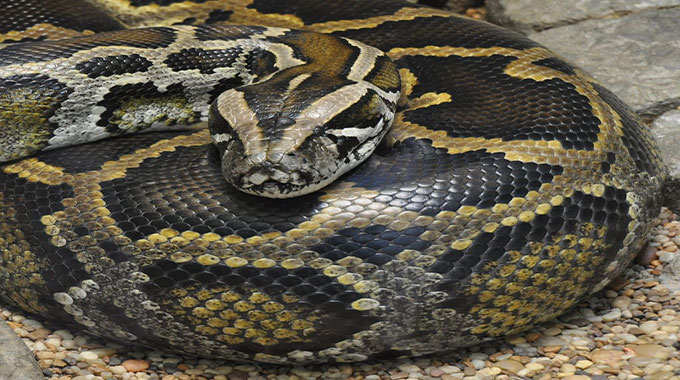
The Sunday News

Phineas Chauke
GAME viewing is a prized experience that has become one of the top tourist activities in many destinations.
Animals are best viewed in their natural environment where one can observe their behaviours and social interactions.
It follows then that for you to have the best game viewing experience, you need to make yourself almost invisible to them or at least keep a distance that does not disturb their peace and comfort. The biggest challenge with men’s perception of the world around him is the notion that everything else exists for his own gratification.
Animals and plants have their own lives which deserve respect.
When we go into the wild, we should know we are in the home of wild animals and respect them the same way we would expect to be respected in our own homes. Noise causes severe distress to animals, especially noise that is strange in the wild such as loud music and vehicle engines.
Animals respond to distress in various ways and in some cases by stopping their usual essential activities such as feeding, courting and mating. In extreme cases such as some snake and bird species this can be done even to the extent of death. Loud parties in wildlife areas are therefore irresponsible.
Crowding around wildlife sightings is also to be avoided. Safari guides usually know the areas where certain animals are normally sighted and they may converge on such places with their groups of clients. The bigger the numbers of people within their vicinity, the more the animals are disturbed. Some people also like to get too close to animals for their comfort.
All this has the effect of undesirably modifying the environment of the animals, subsequently modifying the behaviours of the animals, therefore whatever the people observe is unnatural.
In a number of cases the animals will scurry away and it becomes instinctive for them to leave whenever human beings approach.
Some species, especially lions and elephants may react aggressively to human intrusion into their space.
What is worse is that such aggression may be perpetuated upon other innocent human groups that come after the obtrusive offenders.
For photography and filming, equipment with lenses that enable people to shoot from a long distance is ideal.
Where permissible, those filming can do so from hides built of environmentally friendly materials that blend in with the surrounding so that everything appears normal to the animals. Photographers tend to have an obsession with getting the perfect shot and would do anything to get it.
Some will modify the scene in order to achieve their goal, to the extent of pruning trees, cutting grass and moving some objects such as rocks to gain better views of their subjects. Some people even go to the abusive extent of attempting to change animal behaviour in order to capture unique images or videos.
Provoking animals in order to capture a snarl or a charge is grossly unethical.
Someone told me that on a visit to India they were made to take selfies with sedated leopards. Abomination!
Teasing animals is not only unethical but unlawful as well. Molesting them is evil. Animals are to be left alone to proceed with their own activities. Some people like to feed animals such as monkeys and baboons.
This has undesirable effects such as turning the animals into problem animals which steal or snatch food from people.
Let wild animals remain wild and do not get them to taste roasted chicken, bread or alcohol. My observation is that in Zimbabwe a number of the ethical issues are enforceable since they are also enshrined in the Parks and Wildlife Act and related Statutory Instruments. My plea is for everyone to behave responsibly around wild animals and also to report perpetrators of unethical conduct to relevant authorities.
Phineas Chauke is a Tourism Consultant, Marketer and Guide based in Bulawayo. Contact him on +263776058523, [email protected]



